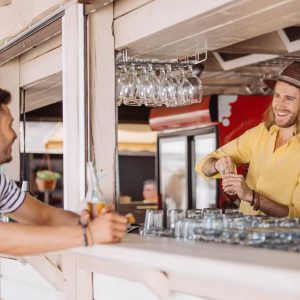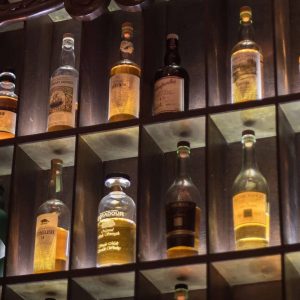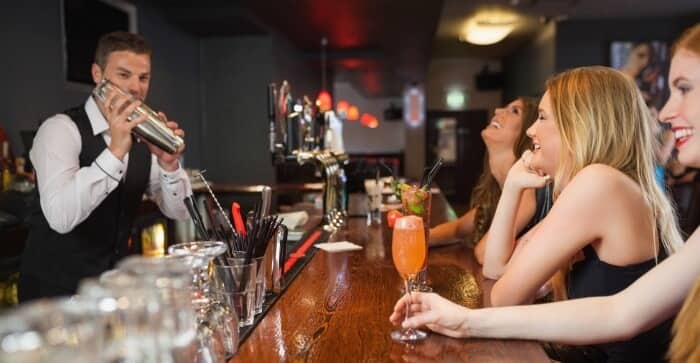The Ins and Outs of Self Exclusion
Licensed and Gaming venues and their employees have an important duty of care towards their patrons. Like anything a few drinks and a punt can be enjoyed in moderation; but unfortunately when it comes to gambling, some people may develop an unhealthy relationship with this form of entertainment.
If a gambling problem is starting to negatively affect a person’s life, they might choose to self-exclude themselves from the temptation of gambling, in an effort to make a positive change. Here’s all you need to know about self-exclusion and how it can affect you as an employee or licensee of a venue with gambling facilities.
What is Self-Exclusion?
In Queensland a person can seek to ban themselves from a gaming venue via a gambling help service, or direct with the venue themselves. Every gambling venue should have brochures about the exclusion process available to their patrons, and have a customer liaison officer trained in how to handle the self-exclusion process.
Gambling Self-Exclusion Process
If a customer wishes to exclude themselves from a venue or gaming area they will be required to complete the appropriate paperwork for the venue.
- Typically they’ll be interviewed to discuss the venues or areas of a venue from which they would like to be banned
- The patron is required to have their photograph taken and to complete and sign a Form 3A Self-exclusion notice. These documents assist the venue in upholding and enforcing the exclusion
- By signing the exclusion deed the customer is giving you permission to remove them from the venue or gaming area should they enter
- There is a 24 hour cooling off period, where the customer can change their mind about the self-exclusion
- Exclusion orders must remain enforced for a minimum of one year and will expire automatically after five years
What does Self Exclusion Mean for Venues and Staff
There are different processes and forms for various gaming types. Consult the Queensland responsible gambling code of practice resource manual for your industry. If a customer comes to you with a gambling concern and wants to self-exclude, you are obligated to provide them with the appropriate information to assist them, such as the contact details of at least one gambling help service provider.
Ensure your customer is well aware of the terms of the exclusion and the cooling off period. Once the patron has completed the exclusion form 3A, you are required to process the form as instructed in the resource manual, and complete a Form 3B – Self-exclusion order in acknowledgement of their exclusion.
Enforcing a Gambling Self-banning Order
Once an exclusion order is in place, the patron must be removed from the excluded area or all parties involved could risk penalties and prosecution. It can be tricky to enforce this in a respectful and helpful manner.



